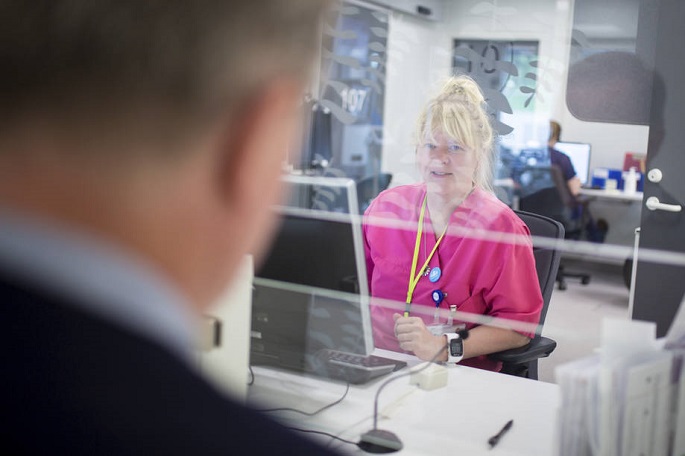Health, wellbeing services face dire impacts of coronavirus
Published : 28 Apr 2020, 01:52
Updated : 28 Apr 2020, 09:46
The COVID-19 epidemic and related restrictions have made significant impacts on the wellbeing of the population and the need for social and healthcare services, according to a recent assessment made by the Finnish Institute for Health and Welfare (THL).
The longer the situation continues the more service needs will accumulate. Reducing queues will be difficult and there will be rapid rise in the need for resources, said a THL press release on Monday.
“If restrictions remain in place until the end of the year, the impacts on wellbeing and the entire national economy will be significant and recovery will take a long time,” said THL Deputy Director-General, Knowledge and Data, Pekka Rissanen.
According to the assessment report, municipalities and joint municipal authorities have been on an unequal footing in preparing for and responding to the epidemic. Large joint municipal authorities have better capabilities for managing personnel and allocating resources. It has been possible to, for example, shift personnel between primary healthcare and specialised medical care.
The number of visits to primary and oral healthcare has decreased significantly due to the epidemic, and the increased use of remote services does not compensate for this decline.
"Experts from the Finnish Institute for Health and Welfare estimated that the use of some services was restricted and that non-urgent services were cancelled too early. The need for non-urgent care may become urgent if access to treatment is delayed, “said THL Head of Unit Kimmo Parhiala.
The pressure on the service system increases as the queues increase. Preparations to reduce queues after a crisis situation should be made carefully.
The report highlights groups of people whose daily lives are particularly affected by the epidemic and its attendant restrictions.
In addition to the elderly, who are particularly vulnerable to the virus, these groups include people with mental health and substance abuse problems as well as the homeless, who depend on many forms of group and interactive support in their daily life.
“The ability to use digital services varies widely among the population, and the most vulnerable people in particular are easily excluded from accessing these services,” remarked THL Research Manager Laura Kestilä.
Many families with children are also in a stressful situation, which is further exacerbated by mounting income difficulties. Families who have had problems in the past or were beginning to experience difficulties are particularly vulnerable.
Three spikes in the reporting of emotions were observed: news reporting during the initial period of infection, declaration of COVID-19 as a pandemic, and the decision to isolate the Uusimaa region.
The assessment found negative emotions and mental strain to be most common among those suffering from health problems before the epidemic.


